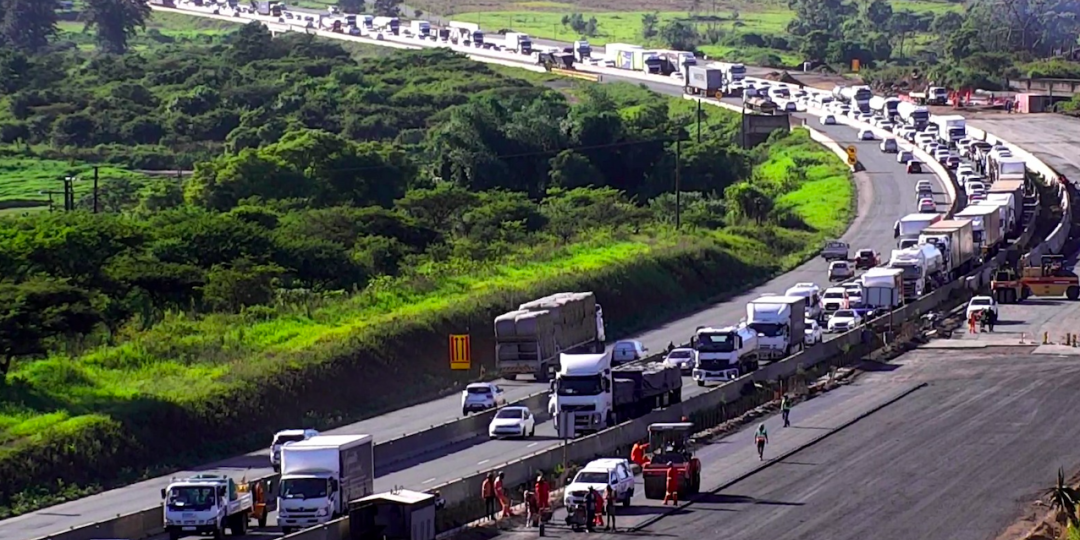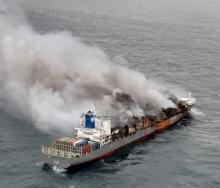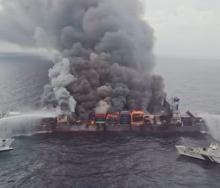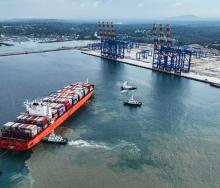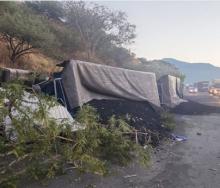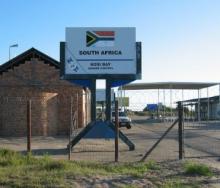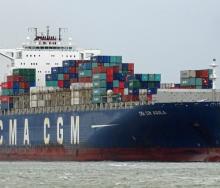The Road Freight Association (RFA) has urged transporters to minimise operations on the roads and in staging yards during the Economic Freedom Fighters’ planned national shutdown on Monday.
The RFA told members in a circular issued on Wednesday that it had held discussions with SAPS National Commissioner General Sehlahle Masemola, who had proposed contingency plans for the logistics sector. The shutdown has been planned to protest against loadshedding and to call for the resignation of President Cyril Ramaphosa.
“The SAPS noted that they will not be able to be everywhere all the time, and that they looked to the assistance from the road freight and private security industries in providing them with timeous intelligence, support and assistance as may be required, and to relieve the pressure by minimising (as best possible) the amount of vehicles on the roads on 20 March 2023,” the RFA said in the circular.
“They further noted that reaction to incidents, as well as the planned actions by disruptive elements, will be aimed at testing the capacity and ability of the SAPS to deal with the various occurrences,” the RFA said.
The RFA outlined the contingency plans for general freight as follows:
- Where possible freight operations should be minimised for the day (deliveries scheduled before and after 20 March)
- As few trucks as possible should be active on roads or parked in areas easily accessible to groups that wish to cause damage/loot
- Where vehicles/facilities/infrastructure have camera capabilities, any relevant footage of incidents should be given to the SAPS for investigation and prosecution.
- Any and all verified intelligence/information of events as they occur be forwarded/shared with the SAPS as expediently as possible. A centralised link will be provided in due course
- As much proactive and forward warning intelligence be verified and shared as expediently as possible
According to the contingency plan, fuel deliveries will be secured as best possible and a centralised control centre will be created at SAPS to allocate escorts or relevant support, although, where possible, fuel deliveries should be delayed until after 20 March. Dangerous goods should also be kept off the roads where possible.
“Towing companies are requested to spread their capacity along the key routes to allow for fast clearing of blockages/incidents. Transport companies are requested to allow the closest/fastest responding recovery company to remove vehicles to safety,” the circular said.
In addition, where possible, the RFA called firms to make keys to vehicles accessible, where trucks have been used to blockade roads and protestors have removed the keys. However, it noted that this could be “very difficult” under the potential circumstances.
